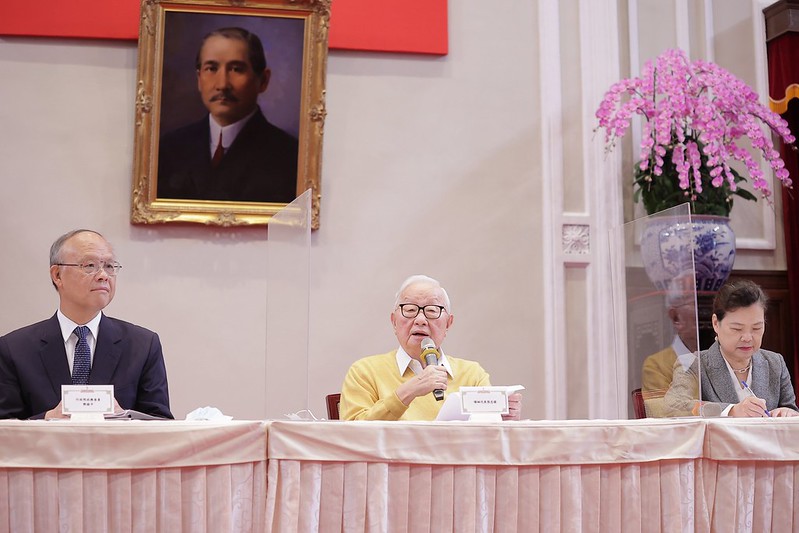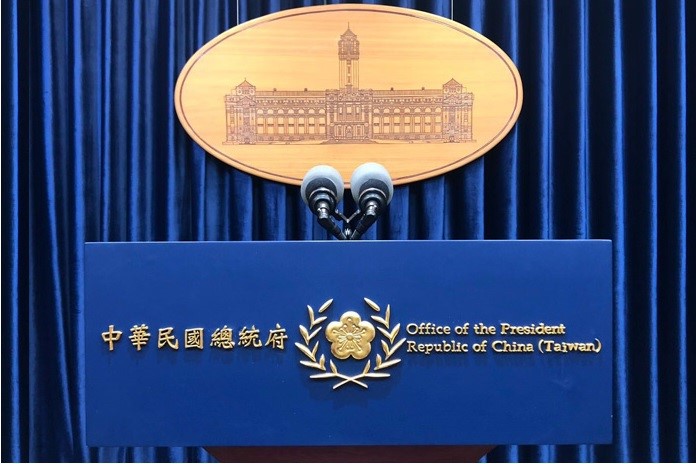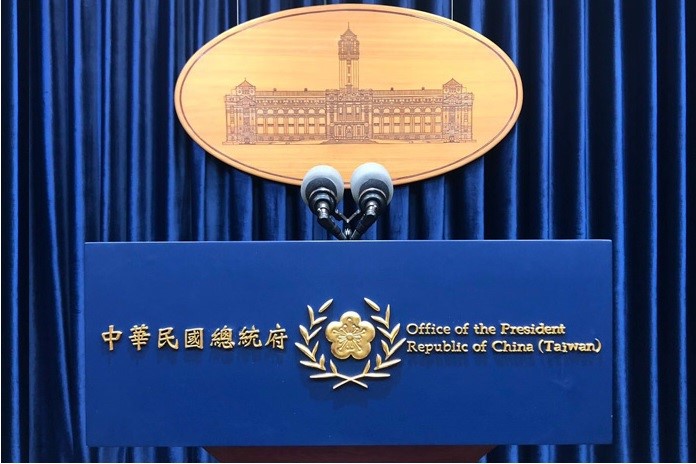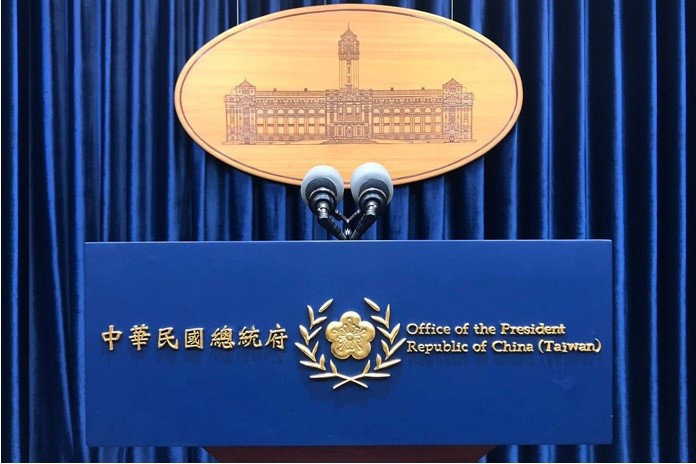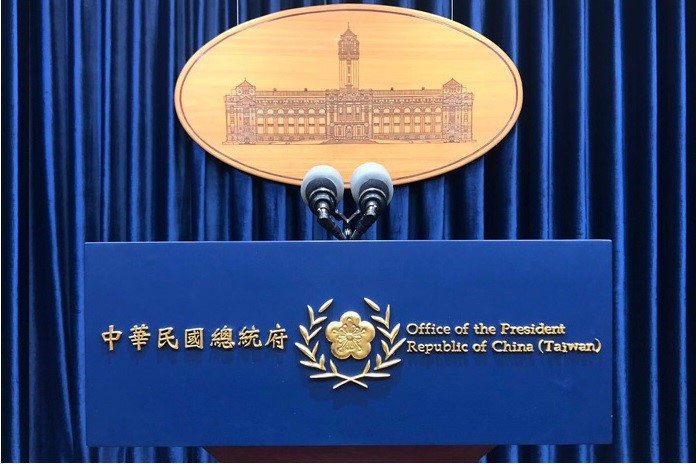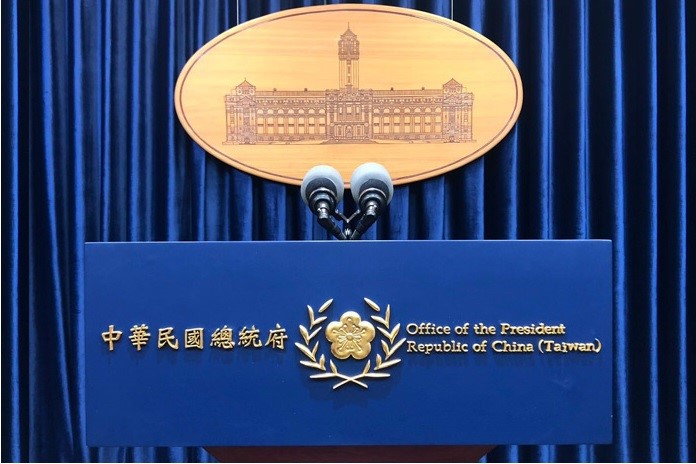News & activities
 News releases
News releases
Responding to the September 26 arrival of 160,000 AstraZeneca COVID-19 vaccine doses donated by Slovakia, Presidential Office Spokesperson Xavier Chang (張惇涵) said that the Presidential Office is sincerely thankful to the government of Slovakia for its support for Taiwan. Spokesperson Chang stated that Slovakia's decision to increase its originally announced donation of 10,000 doses to 160,000 highlights the close friendship Taiwan and Slovakia have maintained in our joint efforts to fight the COVID-19 pandemic. The people and government of Taiwan are deeply grateful for Slovakia's assistance.
Spokesperson Chang noted that since the outbreak of the pandemic last year, Taiwan and Slovakia have cooperated closely to fight the spread of COVID-19. Our central government, the Kaohsiung City government, and Taiwan's private sector have donated 700,000 face masks to Slovakia, and Slovakia last year became the first European Union member to include Taiwan on a "green list" for international travelers. This year, moreover, the Foreign Affairs Committee of Slovakia's National Council passed a resolution supporting Taiwan's participation in the World Health Assembly. Spokesperson Chang added that as the world continues to fight COVID-19, these actions reflect a virtuous cycle of mutual support between fellow democracies.
Spokesperson Chang pointed out that Taiwan's friendly ties with countries in Central and Eastern Europe have continued to deepen throughout the fight against COVID-19, with Lithuania, the Czech Republic, Poland, and Slovakia having donated a combined total of more than 840,000 vaccine doses to Taiwan. Their assistance has greatly increased Taiwan's vaccination coverage and helped protect Taiwanese society from COVID-19, stated Spokesperson Chang, who said that the Presidential Office again extends its deepest gratitude to Taiwan's diplomatic team and everyone else who helped facilitate the prompt delivery of these vaccines.
Spokesperson Chang further noted that the Taiwan government's recently announced trade and investment delegation to Eastern Europe is scheduled to visit Slovakia in October, and has received an enthusiastic response from the industrial sector. Building on an already robust foundation, Taiwan and Slovakia will continue to enhance our cooperative partnership across a range of fields, said Spokesperson Chang, adding that we firmly believe that Taiwan will continue to expand and deepen its friendly ties with the nations of Central and Eastern Europe, overcoming the pandemic together and acting as force for good in the world.
